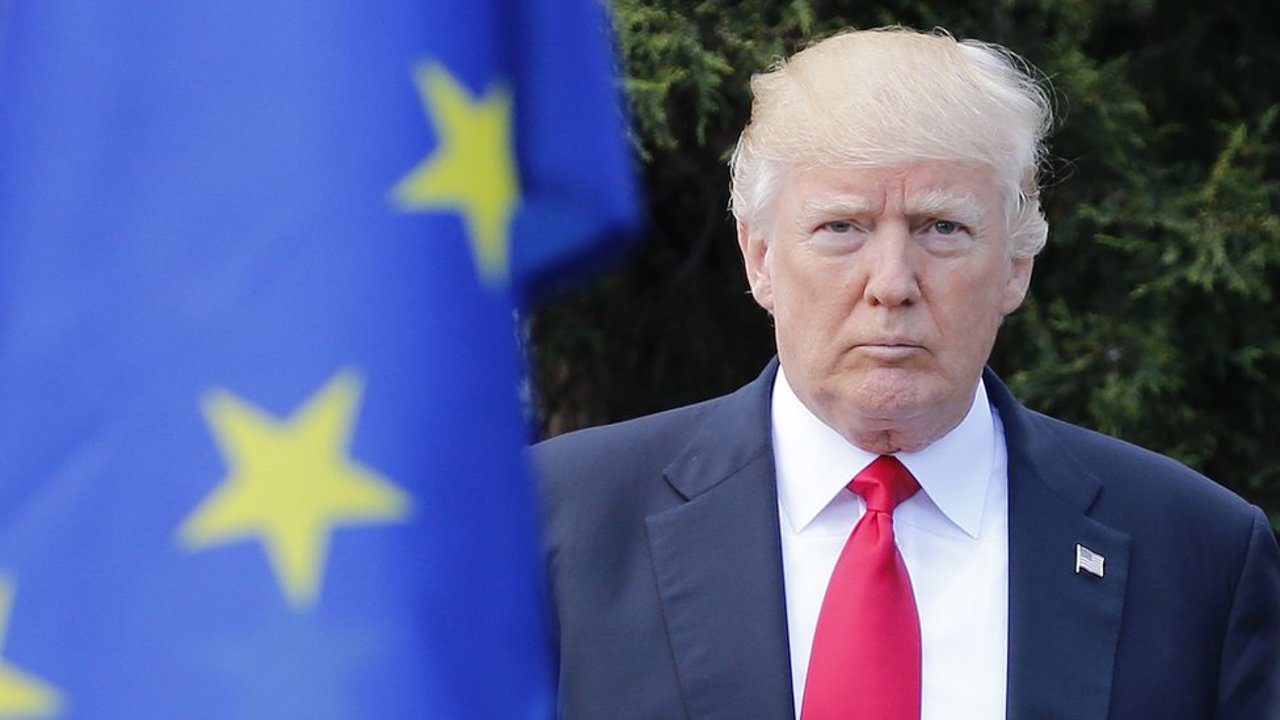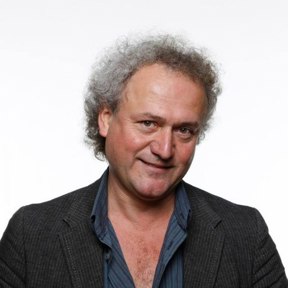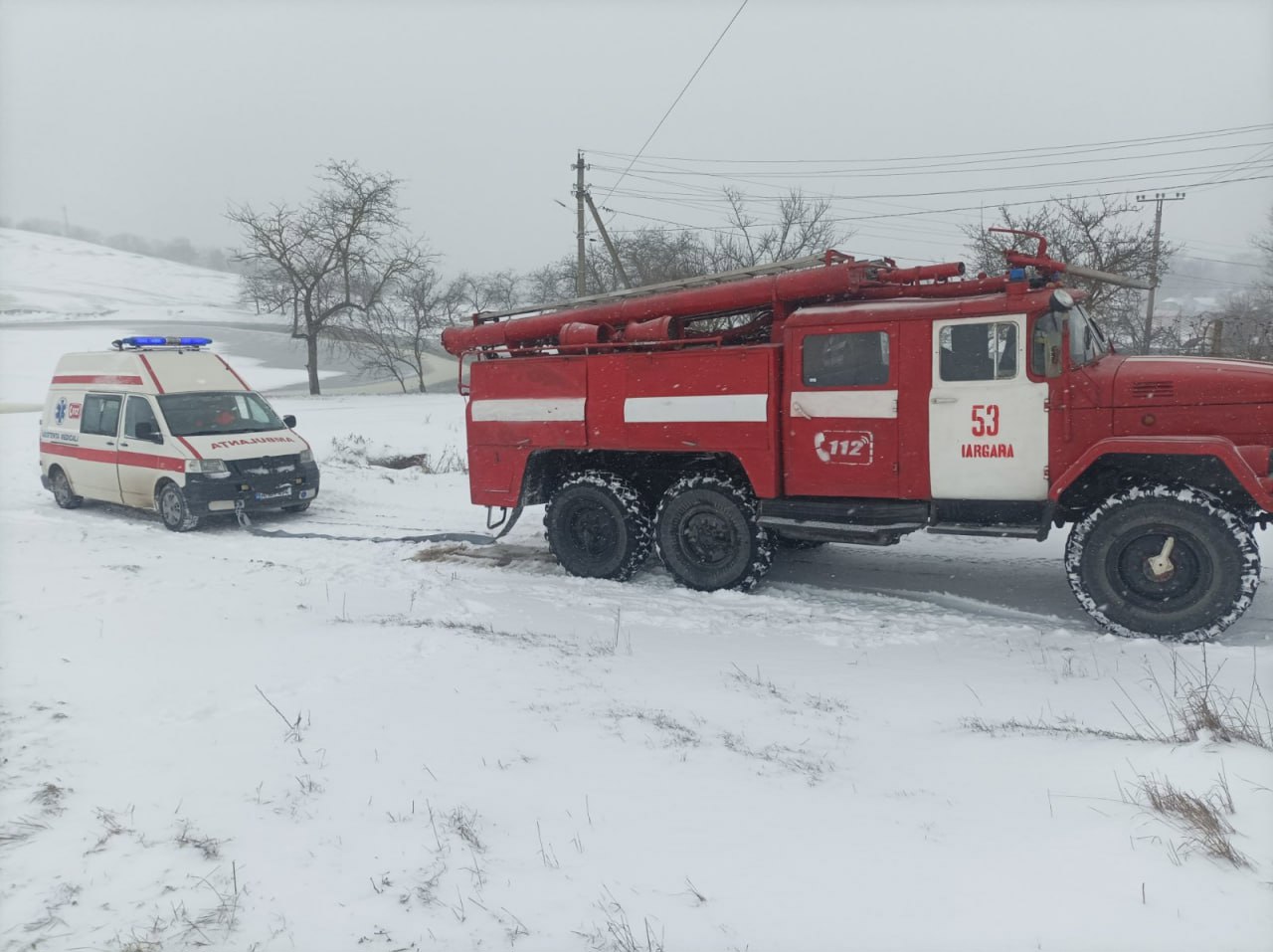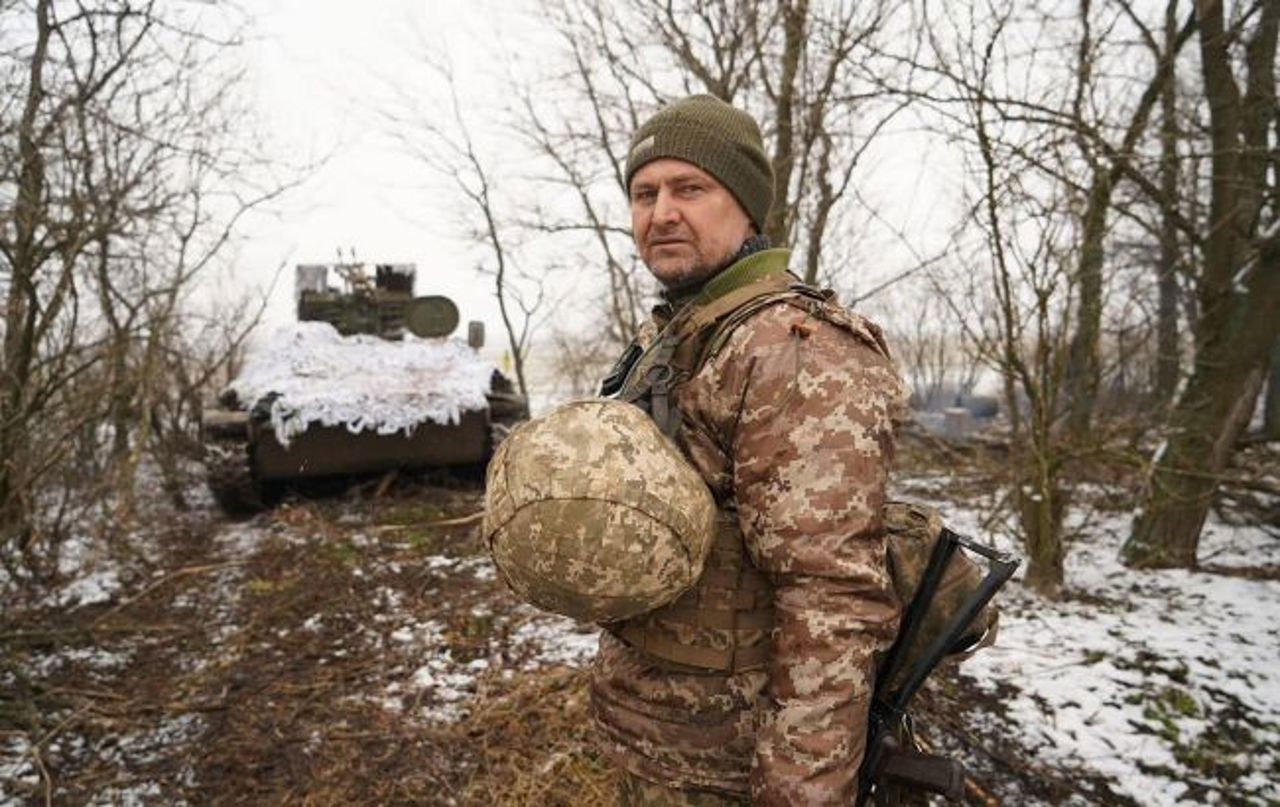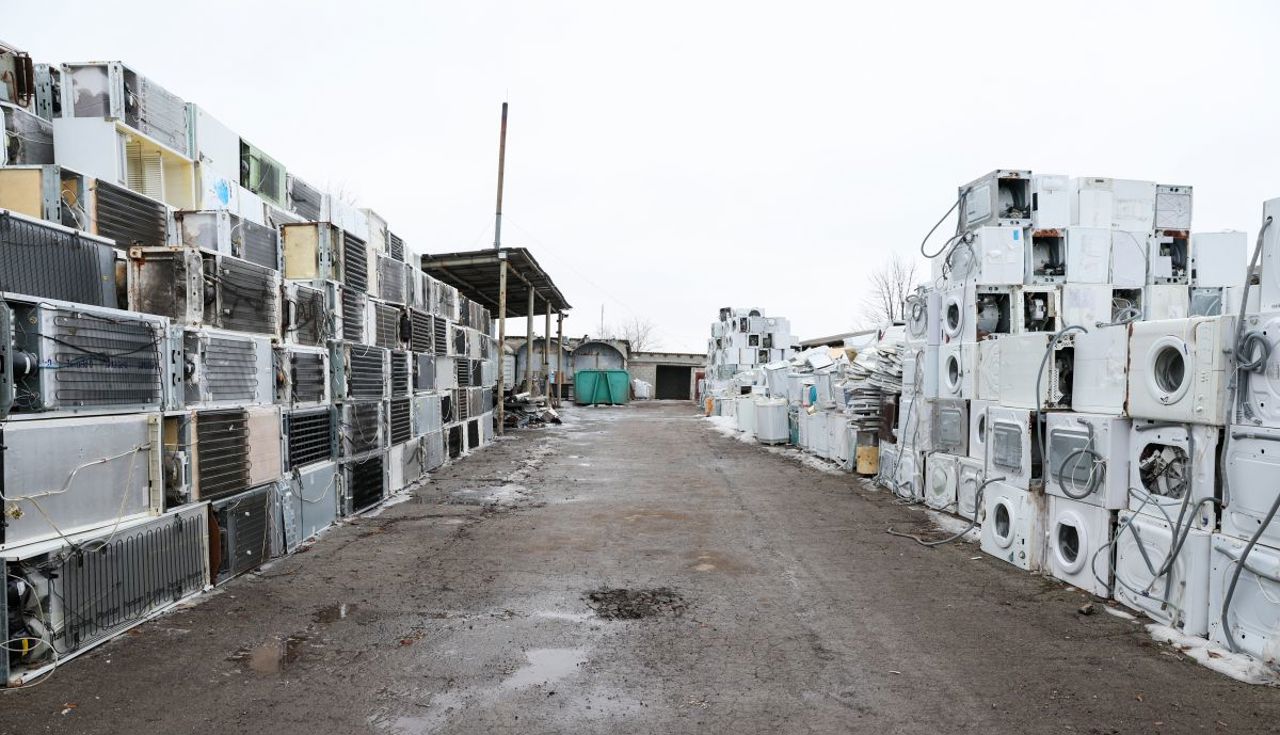How Trump’s return shapes European far-right politics
The year 2025 begins with the inauguration of Donald Trump on Monday, January 20, as the 47th President of the United States.
The prospect of a more prepared Trump, wielding almost unlimited power in the White House, presents significant challenges for European leaders and institutions, with the risk of dividing them through his transactional approach to global politics. In advancing his "America First" agenda, he can rely on the support of the U.S. Senate, the House of Representatives, and a sympathetic Supreme Court. Moreover, Big Tech companies have made significant contributions to Trump’s Inaugural Fund and are poised to support him as he embarks on his second term.
Many political analysts and commentators believe that Trump’s new term will embolden extremes, particularly on the far right, in Europe. However, no unified front of right-wing parties has emerged on the continent, not even within the European Parliament. It is evident that strategists of these European far-right parties aspire to make their doctrines and political agendas "mainstream," following the example of Trump’s Republicans in the U.S., Steve Bannon’s ideology, or Viktor Orbán’s leadership in Hungary.
For over a year, far-right parties have made steady gains in parliaments across Europe. Some factions, like Italy’s Fratelli d’Italia, have evolved from explicitly neo-fascist movements. Others, such as Germany’s Alternative für Deutschland (AfD), have embraced extremist views that were once considered beyond the bounds of acceptability on a continent largely defined by the liberal-democratic consensus forged in the aftermath of World War II. Despite their growing popularity and the increasing number of their elected representatives, traditional mainstream parties continue to reject alliances with them or their inclusion in government.
Nevertheless, the far right’s political platforms have begun to influence policies. In Germany, Chancellor Olaf Scholz and regional leaders recently agreed on stricter measures to address the high influx of migrants ahead of anticipated elections. Meanwhile, in Italy, NGOs have criticized Prime Minister Giorgia Meloni’s plans to establish centers in Albania to house asylum seekers.
In Berlin, Scholz emphasized that the new measures aim to accelerate asylum procedures, limit social benefits for migrants, and increase federal funding for local communities. Scholz described these decisions as a "historic moment" for Germany, though members of the Green Party, part of the former coalition government, argued that cutting social benefits abandons asylum seekers to poverty and accused the measures of pandering to AfD extremists.
In Romania, the far-right Alliance for the Union of Romanians (AUR) was largely sidelined before the European elections in May 2024 due to its previous absence from the European Parliament and a lack of connections with the Western far-right bloc led by figures like Matteo Salvini, Marine Le Pen, and Geert Wilders, who frequently highlight their personal ties beyond political affinities. However, AUR’s six European Parliament members have since joined another political group, aligned with Italy’s Fratelli d’Italia, led by Giorgia Meloni.
As it stands, Trump’s return has not been sufficient to unify Europe’s far-right movements.
Translation by Iurie Tataru
